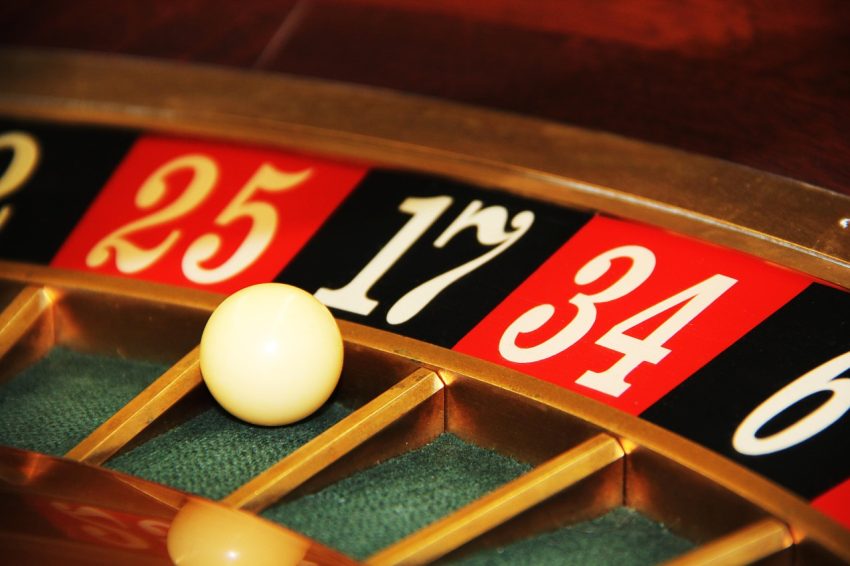What Can the World Learn from the Regulation of Online Casinos in Spain?

Spain is one of the most attractive countries in Europe. It has always been a popular destination for tourists, business travelers, and expats alike. The reasons are many. They vary from the beautiful nature, sunny beaches, mild climate, delicious food, and welcoming people to the many forms of entertainment this amazing country offers.
Talking about fun and pastime activities, you probably already know that football has an almost religion-like status in Spain. As much as the Spanish people love to play and watch the game, they also like to place a wager or two occasionally. Thus, sports betting and casino games are very popular in the country.
However, if you are new to the state, you might be unsure of which forms of gambling are legal in Spain. Choosing a trusted and licensed operator is also important, so any newcomer to the Spanish wagering scene should be familiar with the industry rules and specifics.
In this article, we are going to explore the online casino regulations in Spain. The reason is that gambling over the Internet has become widely popular not only in Europe but around the world, too. For instance, many Spanish online casinos accept players from other countries and even continents, such as South America.
With that in mind and given the ongoing globalization of the gambling industry, we will also discuss the impact of online casino regulations in Spain on the bigger picture. The country has a very well-developed gambling legislation and thus could serve as a positive example to fellow states looking to modernize their casino laws.
History of Gambling in Spain
Before we proceed to discuss modern-day casino regulations in Spain, let us take a look at the history of gambling in the country. An overview from a historical perspective will provide context as to how the laws have developed so that today players can have access to some of the best online casinos in Spain.
While gambling games have been around in the country since the early ages, they became most notably popular with the introduction of the so-called “cultural clubs.” These were establishments in the late 1880s, which invited gentlemen to gather and play pool and other socially acceptable games of chance in a pleasant atmosphere.
Before the cultural clubs, gambling in the country was mostly available to the masses thanks to the Spanish Christmas Lottery, which was established in 1812. It is interesting to note that since its inception, the Spanish Christmas Lottery has continued to run uninterruptedly until this day.
Meanwhile, sports betting also became popular in the country. People would mostly wager on horse races.
However, in 1936, things radically changed. Spain underwent a horrendous civil war, which resulted in many reforms. One of them was the complete abolishment of all gambling games and establishments, except for the Spanish Christmas Lottery.
To cut a long story short, the casino scene massively improved after 1977. Back then, the country suffered political turmoil again. However, this time, gambling was legalized in an attempt to create a healthy regulatory framework.
One significant change happened in 1981 when land-based slot machines were allowed in a variety of establishments. Nonetheless, it took 30 years for Spain’s gambling regulation to assume its modern-day form, which allows sports betting and casino games in a manner that protects players and prevents unlawful criminal activities.
The Gambling Act of 2011 and DGOJ
To shed a bit more light on this process, the Gambling Act of 2011 founded the Directorate General for the Regulation of Gambling (DGOJ). The latter is the body that regulates the land-based and online gambling markets in the country.
DGOJ grants licenses to an unlimited number of gambling operators. The only condition is that they comply with a set of rigorous criteria determined by Spain’s federal government. The requirements are numerous and include financial, security, and responsible gambling prerequisites.
If an operator is granted a license and further down the road fails to meet DGOJ’s criteria, the agency can impose a fine or take away the license altogether. DGOJ also has the responsibility to banish illegal offshore casino operators.
Online Gambling in Spain
Online gambling in Spain is extremely popular. The DGOJ takes care to provide Internet casino players with an abundance of safe and licensed platforms. Gambling websites usually offer online slots, video and live poker, roulette, blackjack, scratch cards, keno, Slingo, and similar games.
Online sports betting is also very popular in Spain. The top betting choices include football, tennis, and horseracing.
Overall, online gambling in Spain is a safe and enjoyable experience when practiced in moderation. The available operators offer responsible gambling tools and player protection programs. The country also supports the prevention of and recovery from gambling addiction.
Conclusion: The Positive Example of Spain’s Online Gambling Regulation
Many countries are struggling to regulate their online casino markets. Through the power of technology, online gambling is becoming easily accessible. Thus, many low-quality operators are trying to take advantage of the situation. This leads to increased risk for players who can develop addictive behaviors or have their money stolen by fake casinos.
Because of such events, Spain’s online casino regulation serves as a very positive example. The country’s laws on gambling are both strict for operators and protective of players and liberal enough to allow reasonable access to diverse casino games. In this regard, it is safe to say that the local legislation has achieved a satisfactory balance between safety and entertainment.